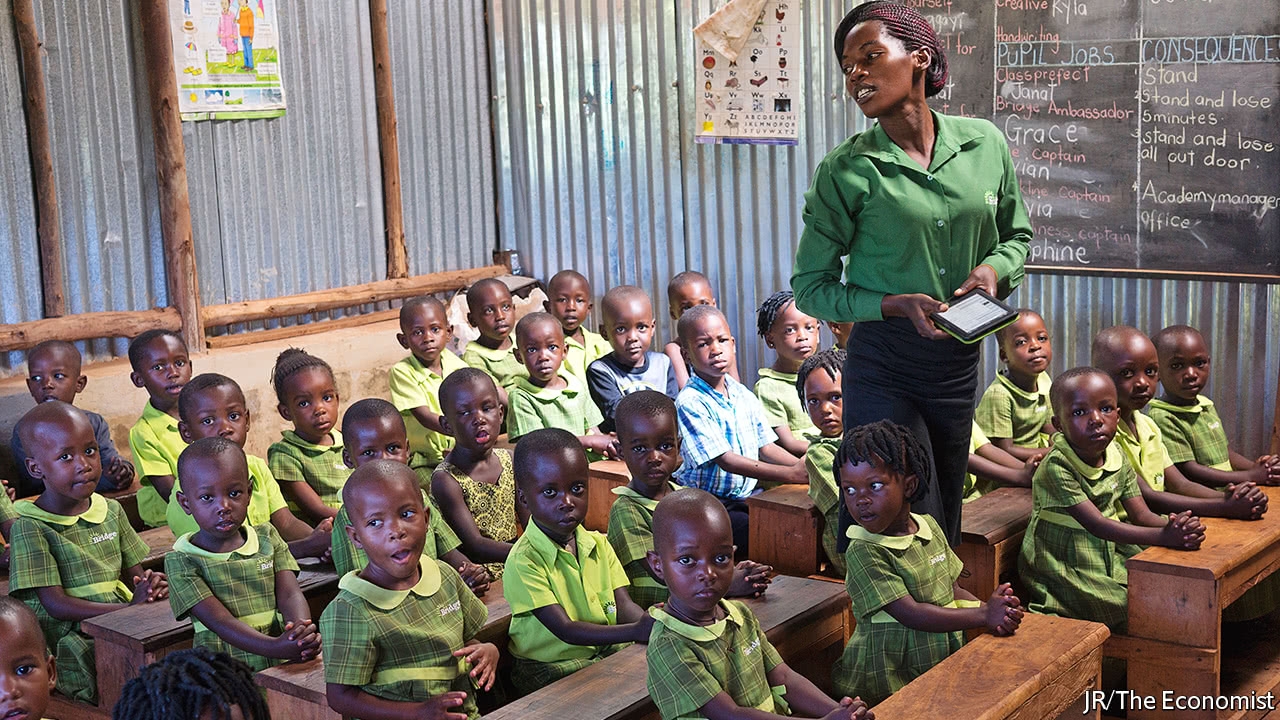How Africa can "leapfrog" technologically into the future, via energy, education, democracy...
It seems like the most exciting idea - that Africa could use new information and energy technologies to "leapfrog" ahead of the West, out-innovating them by starting with a "clean sheet", and building systems according to best practice.
The Conversation website serves up a prime example of this:
Somaliland has become the first country in the world to use iris recognition in a presidential election. This means that a breakaway republic seeking international recognition will have the world’s most sophisticated voting register.
Somaliland’s shift to such advanced voting technology emerged from a lack of trust because of problems with the 2008 elections. For instance, names were duplicated in the voter register because of pressure from local elders. These fraudulent activities and other logistical issues threatened to undermine Somaliland’s good standing in the international community.
Now, elsewhere this week in this blog, we've seen some doubts expressed about digital voting. But the advocates for African leapfrogging have a cascade of other examples - see this list from the Conversation blog and a recent Economist report (here's the PDF of article):
- Drones are a good example, used in the continent’s health services and in agriculture.
- South Africa, robots play a crucial role in mining.
- Going straight to smart grids for renewable energy across Africa
- Rare species may be saved by digital surveillance
- Using tech to improve reliability and effectiveness of schooling in Uganda and Kenya
--and many more in the literature. The questions of who benefits from such innovations, and the quality of the governance that enables them, was explored by African scholars like the late Calestous Juma, based in Harvard.
But Juma often emphasized the sheer practicality of how "soft" technologies like the mobile phone sedimented into African life. Take this story:
“The [Somali] owners of the goats write their mobile phone numbers on their goats,” Juma explained in a video from a 2015 lecture at Boston University. “So if you like the goat, you actually send the money to the owner straight away, and then you go and collect the goat. Or if the goat gets lost, you read the number and then you just call the owner and say, ‘I’ve got your goat.’ Very practical.”
It's not hard to find idealism about leapfrogging. This piece from South Africa's Daily Maverick is a great example. They argue for the "DeCOALonisation of Africa":
Together we can pave the way to energy solutions that are, for and by Africans. This could mean developing and investigating the viability of decentralised renewable energy systems and energy independence fully owned and controlled by all Africans and by the working class in particular.
Profits made from sustainable energy pathways must be shared amongst those most affected in communities, not just in the pockets of corporations and wealthy elite driven by profits at the expense of people and the environment.
A united deCOALoniseAfrica can lead to energy independence for all. This in symbolic and literal terms brings power back to the people. In the long term, avert further catastrophic climate impacts on the continent. The often high capital cost of renewable energy systems such as solar technologies, without some form of intervention or careful planning and organising, once again stand to benefit only the wealthy hence simply the existence of these technologies alone is not enough.
Our energy system should be based on African values of communalism, ubuntu, an interdependence that promotes “humanness as an essential element of human growth.” Despite the ravages of colonisation, African values still hold strong in many aspects of community life.
In order to achieve some of what such an ambitious demand would require, careful attention needs to be paid as well to the political economy of renewable energy systems themselves alongside a broader engagement with interlocking challenges facing contexts in Africa today.
And whereas the push for coal sees profits directed to coal corporates, a system drawing on traditional African values would be geared towards sharing the surplus across the community while caring for the environment and climate.
The world is rapidly moving away from fossil fuels. Africa can leapfrog straight to renewable energy sources and decentralised off-grid technologies benefiting millions of people. We have solar in abundance. This is the natural resource we must harness to transform Africa's energy mix.
More here. Also worth checking out is Jonathan Ledgard's work at AfroTech, a futures institute for African based in Switzerland. His 2014 "Manifesto for an Afrofuturism" is also a stimulating read.


